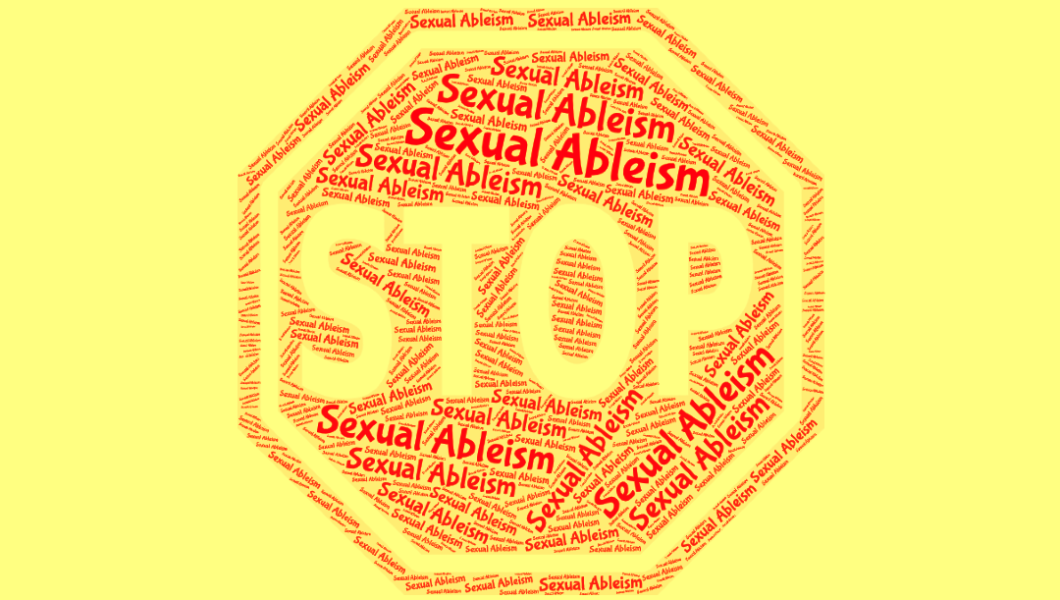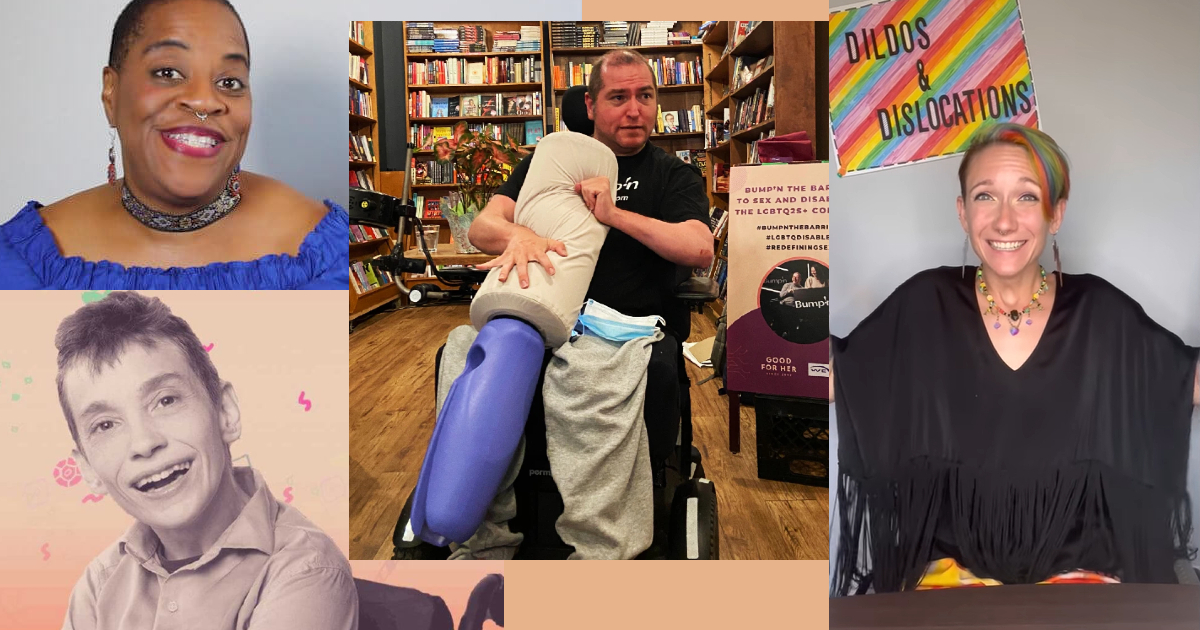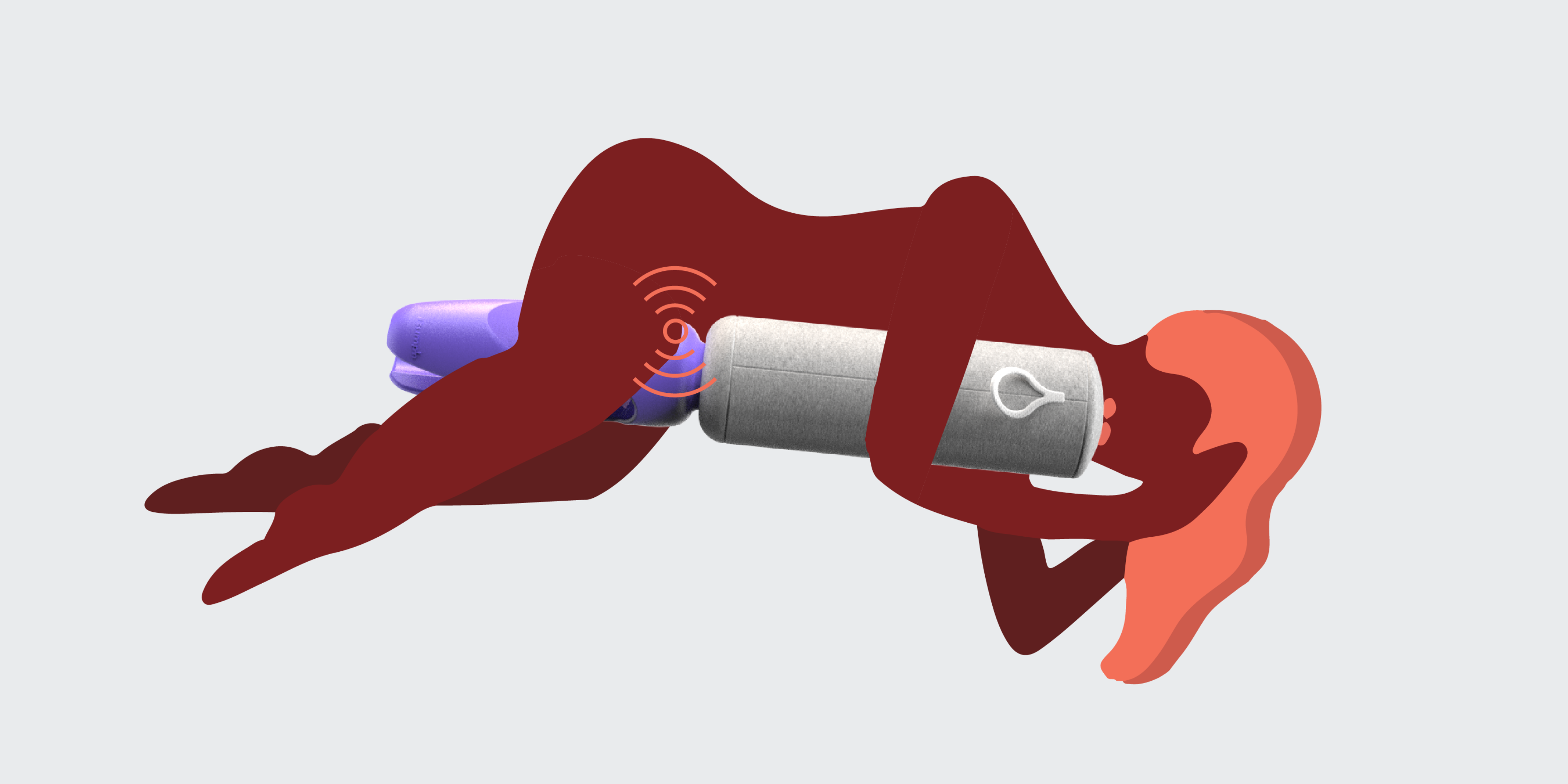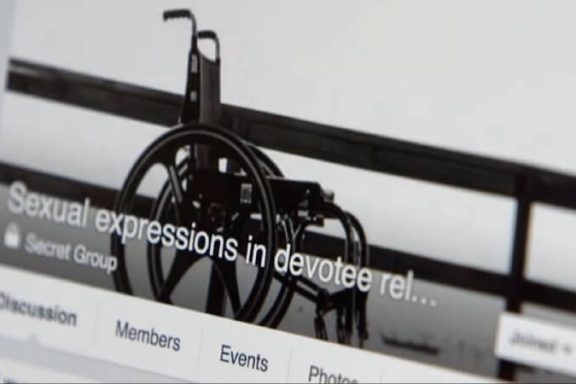Sexual ableism is a serious issue that affects people with disabilities and their ability to access information, healthcare, and social acceptance related to their sexuality. Sexual ableism is often rooted in negative societal attitudes about disabled people and the view they are incapable of having fulfilling sexual lives.
Recognizing sexual ableism as form of discrimination is a necessary step in promoting equality and inclusion for all individuals.
In fact, the World Health Organization (WHO) recognizes the sexual rights and reproductive rights of people with disabilities. Together with the United Nations, the WHO has developed guidelines for promoting sexual and reproductive health for persons with disabilities [pdf]. The guidelines aim to ensure that people with disabilities have the same rights and opportunities as others to enjoy their sexuality, free from discrimination and violence.
Ableism and sexual violence
People with disabilities are at a higher risk of experiencing sexual violence and having their human rights violated, reports the UN and WHO. The organizations advocate for the removal of barriers that prevent people with disabilities from exercising their sexual rights, revealing a link being ableism and sexual violence.
They point out historical patterns of disabled people being denied information about sexual and reproductive health. Disabled people have also been denied the right to form relationships as well as choose whether or when to begin a family, and many have been subjected to forced abortions, sterilzations and marriages.
The UN and WHO report people with disabilities are more likely to experience emotional, physical, and sexual abuse. They are also more likely to be victims of gender-based violence and to become infected with HIV and sexually transmitted infections (STIs).
Negative consequences of sexual ableism
As referenced above, sexual ableism can lead to discrimination in healthcare .
Unforunately, people with disabilities often lack accesss to accessible accommodations and trained healthcare providers who are knowledgeable about their specific needs. This can make it difficult for them to obtain accurate information about sexual health and make informed decisions about their sexual activity.
Additionally, individuals with disabilities may be subject to ableist attitudes and stereotypes that suggest they are not capable of engaging in sexual activity or forming romantic relationships. These attitudes can lead to social isolation and a lack of acceptance, which can have negative effects on an individual’s mental and emotional well-being.
Sexual ableism can manifest in a variety of ways, including denying individuals with disabilities access to sexual education and healthcare. It also reveals itself when people use ableist language to shame or belittle people with disabilities, and denying individuals with disabilities the right to make their own decisions about their sexuality.
Sexual Ableism vs Devoteeism
Sexual ableism is not to be confused with “Devoteeism,” a controversial term used to describe people who are sexually attracted to and seek out people with disabilities. Both perspectives are criticized for degrading or objectifying the personhood of disabled people.




